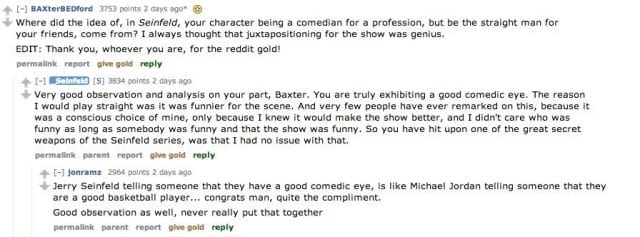Just somethings we’ve read that you might find interesting, shocking, or bland.
1. Why Rebel Groups Love the Toyota Hilux (2010)
Rebel fighters and terrorists also want reliable cars. So much so that they got tattoos of Canadian flags to prove it. What?
As the war in Afghanistan escalated several years ago, counterinsurgency expert David Kilcullen, a member of the team that designed the Iraq surge for Gen. David Petraeus, began to notice a new tattoo on some insurgent Afghan fighters. It wasn’t a Taliban tattoo. It wasn’t even Afghan. It was a Canadian maple leaf.
When a perplexed Kilcullen began to investigate, he says, he discovered that the incongruous flags were linked to what he says is one of the most important, and unnoticed, weapons of guerrilla war in Afghanistan and across the world: the lightweight, virtually indestructible Toyota Hilux truck.
2. Master of His Virtual Domain
How do you become to top ranked player at Clash of Clans, the most lucrative mobile game in the App Store?
There was a price, however, for being the world’s premier Clasher. Part of it was measurable. To stay on top, Mr. Yao was spending at least $250 a week on the gems. By the time he had dominated the leader board for three months, he told me, he had sunk as much as $3,000 into Clash and was running out of money. He feared that he couldn’t keep up with wealthier rivals and threatened to quit.
A clanmate in Turkey, the 38-year-old son of a business magnate who plays under the name Kemal, took pity on Mr. Yao and offered to become his sponsor, buying his gems. In return, Mr. Yao kept Kemal’s account active for him when Kemal was traveling and couldn’t play. But while that stopped Mr. Yao’s financial slide, it could not arrest a deeper erosion that his clanmates couldn’t see, the gradual way in which the game was swallowing Mr. Yao’s nonvirtual existence.
Ummm, for mature readers only. The CEO and founder of American Apparel, Dov Charney, sits down for an interview with Jane Magazine in 2004 and decides it would be a good idea to casually engage in “self pleasure.”
Upstairs, we sit across from each other at a coffee table that’s littered with vintage ’70s lamps, Sudafed, a roll of toilet paper and his laptop. Soon enough, he loosens his Pierre Cardin belt.
“Are you going to do it again?” I ask.
“Can I?” he says, adjusting himself in his chair.
And thus begins another compulsive episode of what Dov likes to call self pleasure, during which we casually carry on our interview, discussing things like business models, hiring practices and the stupidity of focus groups.
4. When SEO Fails: Single Channel Dependency and the End of Tutorspree
Part of the reason that Priceonomics moved to selling Data Services instead of being a consumer price guide, was that the price guide was heavily dependent on SEO. Aaron Harris explains what happened at his startup when Google pulled the rug out from under them.
Virtually all of our customers came from SEO.
…..
Then, in March of 2013, Google cut the ground out from under us and reduced our traffic by 80% overnight. Though we could not be 100% certain, the timing strongly indicated that we had been caught in the latest Panda algorithm update.
…..
There is a chance that a single channel can grow a company very quickly to a very large size, but the risks involved in that single channel are large and grow in tandem with the company.
5. Jerry Seinfeld doing an “Ask Me Anything” on Reddit
Seinfeld explains why his character was the “straight man” on the show, and the supporting cast got all the funny jokes.




